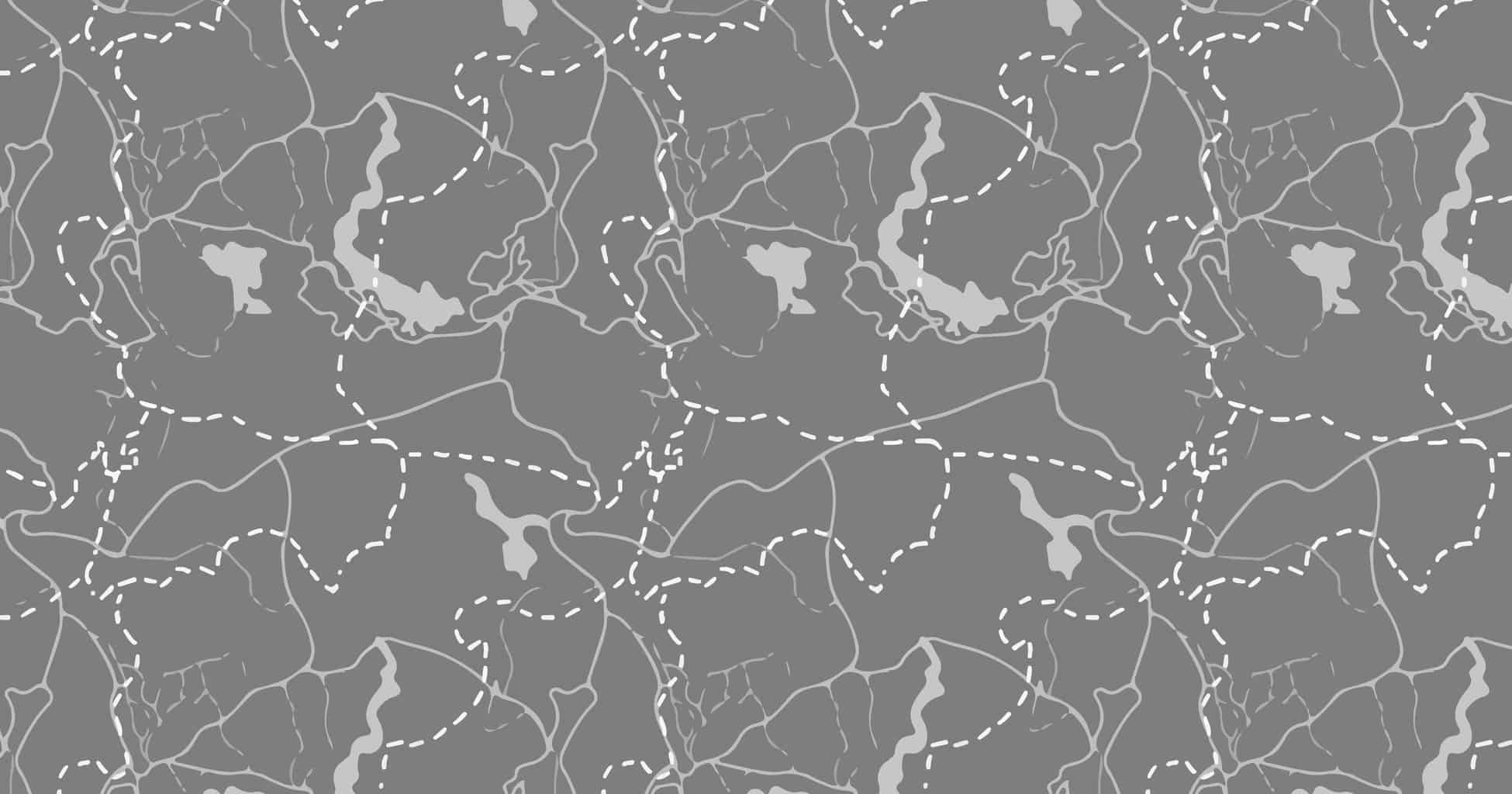Iraq
Iraq
Women are crucial allies to the efforts to eliminate extremism in Iraq. The Islamic State of Iraq and the Levant (ISIL) has contributed to a political landscape in Iraq historically characterized by sectarianism, ineffective judicial systems, high levels of government corruption, and high rates of violence against women, including sexual and gender-based violence. ISIL continues to use sexual and gender-based violence and rape as weapons of war— and targets women, particularly Yazidi women and other non-Shiite minorities, for sexual slavery among fighters.
Iraq acceded to the Convention on the Elimination of all Forms of Discrimination against Women (CEDAW) in 1986, launched the National Strategy on Combating Violence against Women in 2013, and launched its National Action Plan pursuant to Resolution 1325 in 2014. Iraq’s National Action Plan was the first launched in the Middle East. The Ministry of Women’s Affairs in Iraq has also developed a National Strategy for the Advancement of Iraqi Women, but due to the political climate it hasn’t been effectively implemented; similarly, laws banning forced and early marriages are rarely enforced.
Based on the work of NGOWG members and their partners, the NGOWG advocates for the Government of Iraq to clarify their shelter policies, in order to allow and support Iraqi NGOs in their efforts to operate shelters and provide much needed services to survivors of SGBV. Further, the NGOWG urges the Security Council to ensure that the United Nations Assistance Mission for Iraq (UNAMI) is regularly engaging with women’s organizations, and will continue to take concrete steps to support women’s participation in all peace and security processes.
Current and Past Recommendations to the UN Security Council (Monthly Action Points)
In its discussion of the situation in Iraq and the most recent report on the UN Assistance Mission in Iraq (UNAMI), the Council should consider the increased displacement from northern Syria and ensure that all responses and actions are informed by intersectional gender-sensitive conflict analysis, including gender-, age-, and disability-disaggregated data. With regards to the recent protests in Iraq, UNAMI should ensure the protection of civic space and the right of individuals to peacefully protest, including women activists, as well as full accountability for those responsible for disproportionate use of force against civilians – which has led to over 250 deaths and more than 6,000 injured. The Council should also consider the extent to which the mission is mainstreaming gender as a cross-cutting issue (S/RES/2470 (2019), OP 2(e), and inquire about progress in the critical areas of discussion from previous Security Council Informal Expert Group (IEG) on WPS meetings (S/2018/475). UNAMI should continue to follow-up on progress in ensuring women are fully and substantively participating in all decision-making, particularly regarding reforms developed in response to protestors’ demands. It is imperative that UNAMI report on any progress in developing the new NAP on Resolution 1325 (2000), and ensure it is developed through an inclusive, consultative process and has appropriate budgetary support for implementation and accountability.
Relevant Resources



